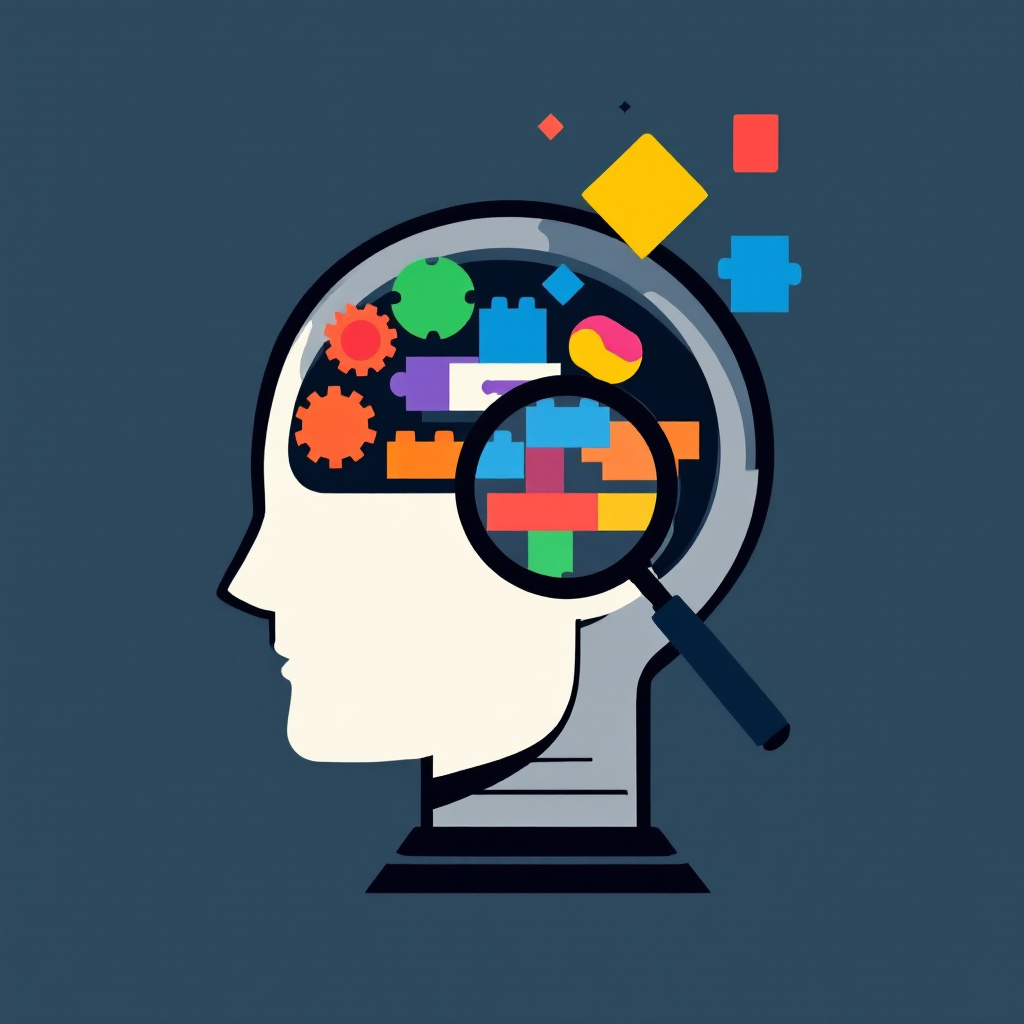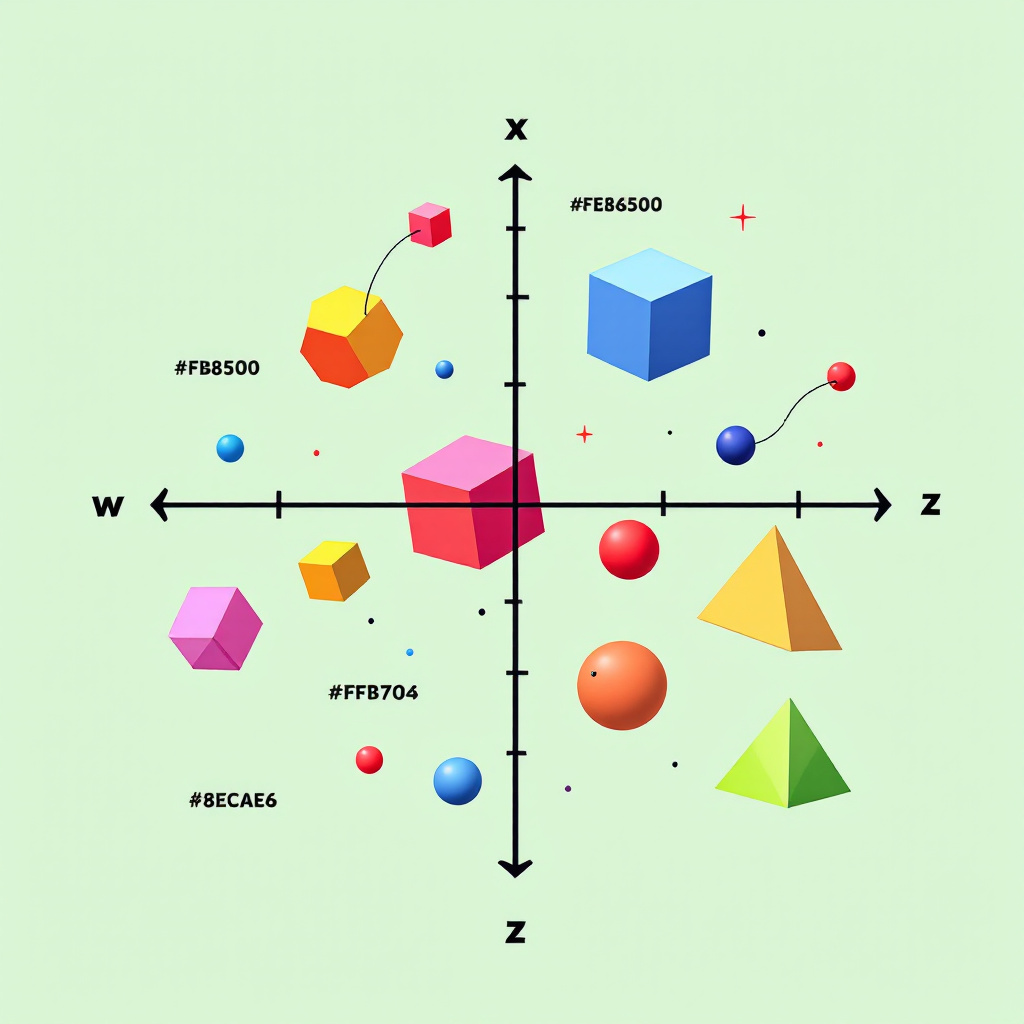We've all seen the headlines: "AI is taking our jobs!" It's a narrative that's easy to buy into, especially when AI technology is advancing at a pace that is truly unfathomable. I'll even admit, after a particularly frustrating chat with a doctor who seemed less engaged than a dial tone, I told my wife, "I can't wait 'til AI replaces him!". But that got me thinking – is replacement really the future? Or is it something more collaborative?
AI in Medical Diagnostics: Giving Doctors Superpowers
The idea of AI in medicine isn't something new. AI-powered diagnostics have been helping read scans and analyze data for a while now, often spotting things human eyes might miss or doing so with greater speed and accuracy. We're seeing studies where AI analysis of medical images achieves impressive accuracy rates, sometimes even outperforming human specialists in specific tasks like detecting certain cancers or lung nodules. This isn't about replacing radiologists; it's about giving them superpowers, freeing them from seemingly mundane or repetitive tasks to focus on complex cases.
Tackling the Administrative Burden
Beyond diagnostics, AI is finally tackling the mountain of administrative work that plagues healthcare. Think insurance auditing – where AI is now being used by practices to fight automated claim denials from insurance companies that also use AI. It's becoming an AI-versus-AI world in the back office, automating appeals and handling bureaucratic calls. This extends to streamlining referrals, patient scheduling, clinical documentation (like summarizing lengthy patient records), managing compliance, and optimizing the entire revenue cycle. The goal? Less time on paperwork, more time on patients. And - I would hope - less cost for healthcare overall.
Revolutionizing Patient Information Gathering
But where I see a huge, near-term win is fixing the clunky, inefficient way we gather patient information. Those endless paper forms asking if you've had the mumps or smallpox? They feel outdated because they are. Imagine an LLM guiding a conversation – not just a checklist – to capture a truly comprehensive patient history. It could intelligently ask relevant follow-up questions about family history, symptoms, and lifestyle, creating a rich picture without the "checklist fatigue." Projects like LLMD are already exploring how LLMs can interpret complex, longitudinal medical records, structuring vast amounts of narrative text and data points into a coherent patient story.
The Crucial Human in the Loop
This is where the "human in the loop" becomes crucial. The AI gathers and structures the data, perhaps even suggesting preliminary diagnostic paths or potential risks based on the comprehensive history and latest research. Then, a doctor or nurse steps in. Armed with this synthesized information, they can quickly assess: Do we need imaging? Specific tests? A hands-on examination? The AI handles the data-heavy lifting; the human provides the critical thinking, empathy, and crucial judgment. Studies show this collaborative approach significantly boosts diagnostic accuracy and reduces errors compared to either human or AI working alone.
The Future of AI-Enhanced Patient Care
And think about the potential of that AI-collated patient profile. Stored securely and shareable (perhaps using emerging standards like the Model Context Protocol, or MCP, which allows LLMs to securely access verified, external knowledge bases), this profile becomes a dynamic resource. Multiple AI "specialist agents," grounded in verified medical knowledge, could consult this profile alongside human experts to reach prognoses or treatment plans far faster and potentially with more personalized insights than possible today. This isn't about replacing the specialist; it's about giving them a team of tireless, data-savvy consultants.
Conclusion: Human Plus AI, Not Human Versus AI
So, is AI taking doctors' jobs? I don't think so. It's more like AI is becoming the ultimate medical assistant, the tireless researcher, the super-efficient administrator. It's handling the drudgery and the data-crunching, allowing human healthcare professionals to focus on the irreplaceable human elements of care: empathy, complex decision-making, and the healing touch. The future isn't human or AI; it's human plus AI. And that's a future I am looking forward to.
-Sethers



